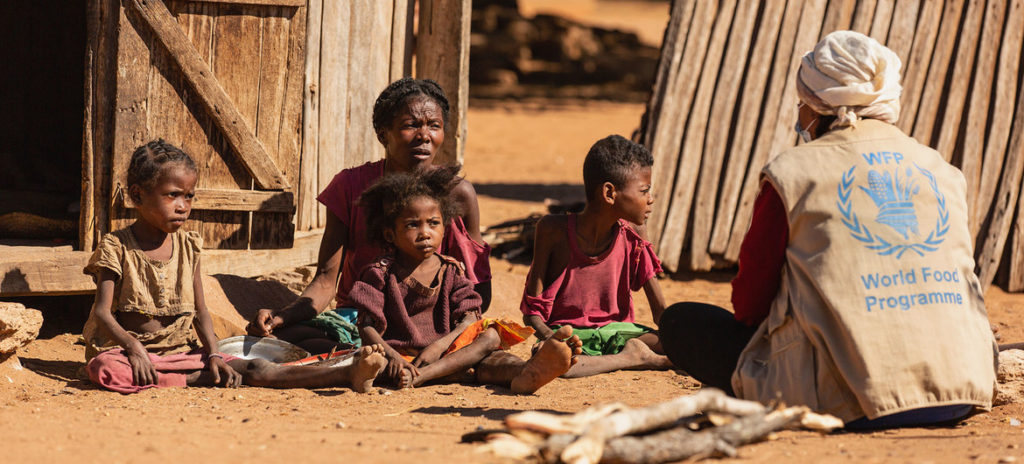New York, June 8 – Russia’s war in Ukraine has triggered a global crisis that is exposing 1.6 billion people in 94 countries to either high food prices, energy prices or financial difficulties, the United Nations said in a new study.
“This is a global crisis, not confined to any one region,” said the 25-page report as a follow-up to the initial UN Global Crisis Response Group analysis launched after Russia invaded Ukraine on February 24 this year. It said 1.2 billion of those people live in developing countries that can be hit by all three crises at once, which the UN calls a “perfect storm.”
Read report: https://news.un.org/pages/global-crisis-response-group/
The report, which involved the UN Conference on Trade and Development (UNCTAD) and other UN agencies, cited recent World Bank’s analysis on the war and its Impacts on poverty, income and energy access. The World Bank said the average household has lost 1.5 per cent in real income since the start of the war.
“The World Bank suggests that the war in Ukraine may bring up to 95 million people into extreme poverty, making 2022 the second-worst year ever for poverty alleviation, behind only 2020. In general, 10 million people are pushed into extreme poverty for every percentage point increase in food prices,” the report said.
“Today’s report makes clear that the war’s impact on food security, energy and finance is systemic, severe, and speeding up,” UN Secretary-General Antonio Guterres said at a news conference. “Three months into the Russian invasion of Ukraine, we face a new reality. For those on the ground, every day brings new bloodshed and suffering.”
“And for people around the world, the war is threatening to unleash an unprecedented wave of hunger and destitution, leaving social and economic chaos in its wake. Vulnerable people and countries are already being hit hard. But make no mistake: no country or community will be left untouched by this cost-of-living crisis. “
UNCTAD Secretary-General Rebecca Grynspan said, “We are on the brink of the most severe global cost-of-living crisis in a generation. The report also demonstrates the interconnected nature of the three dimensions of the crisis: food, energy, and finance. And that tackling just one aspect, will not solve the global crisis we are in.”
Grynspan said the cost-of-living crisis cannot be resolved without a solution to the finance crisis and developing countries urgently need the financial support from international financial institutions.
“Unless there is a strong effort from international financial institutions to increase countries financial resources, countries will continue to struggle to pay their food and energy import bills, service their debt and increase spending in social protection. All at the same time,” she said.
The World Food Program has estimated that the number of people suffering severe food insecurity in the last two years doubled from 135 million pre-pandemic to 276 million at the start of 2022 in scores of countries. It said the war’s ripple effects are expected to drive this number up to 323 million in 2022.
The report said countries in Sub-Saharan Africa are most vulnerable to a “perfect storm” because one out of two Africans lives in a country exposed to all three dimensions. The region has been exposed to energy crises, financial difficulties, food crises and repeated droughts. It said in the Horn of Africa up to 58 million more Africans may fall into poverty this year and across Africa, 568 million people are currently without access to electricity, which in turn has severe effects on access to healthcare, education, and income generating activities.
The Latin Ameri-ca and the Caribbean region is the second largest group facing the cost-of-living crisis with nearly 20 countries deeply affected.
In the Middle East and North Africa, extreme poverty could threaten the lives and livelihoods of 2.8 million people. In South Asia, which is currently experiencing crippling levels of heat waves, 500 million people are severely exposed to the food and finance crisis. Countries in Eastern Europe and Central Asia are severely exposed to the energy and finance dimensions, given the importance of remittances and energy exports from Russia.
United Nations correspondent journalists – United Nations correspondent journalists – United Nations correspondent journalists
United Nations journalism articles – United Nations journalism articles – United Nations journalism articles

